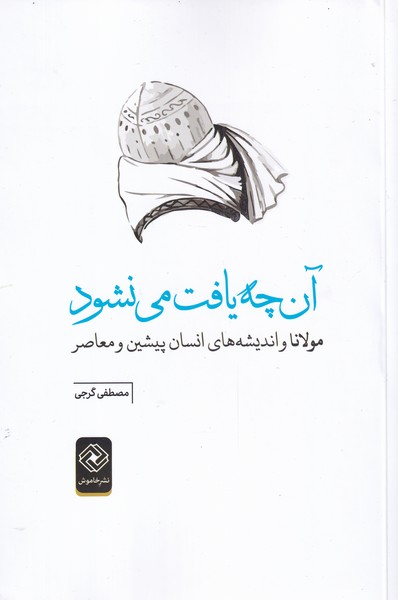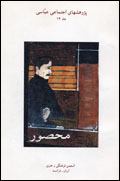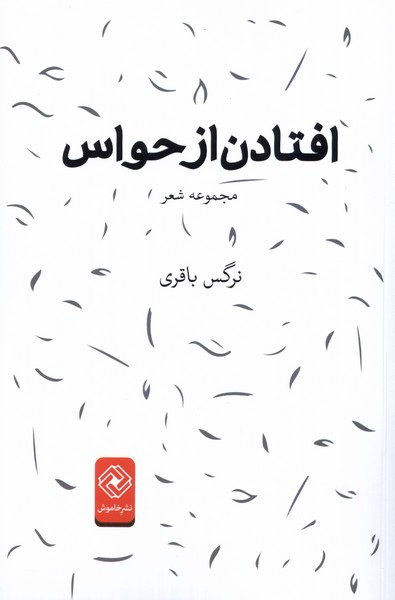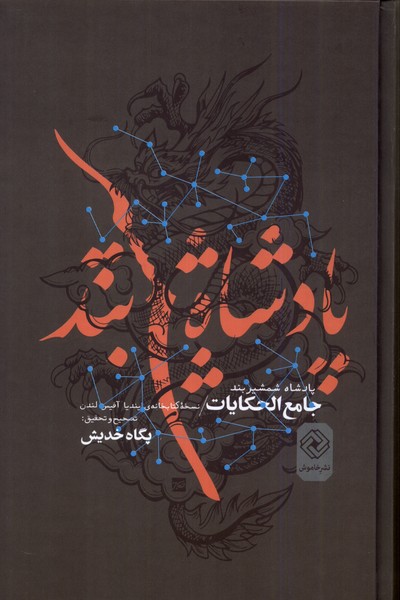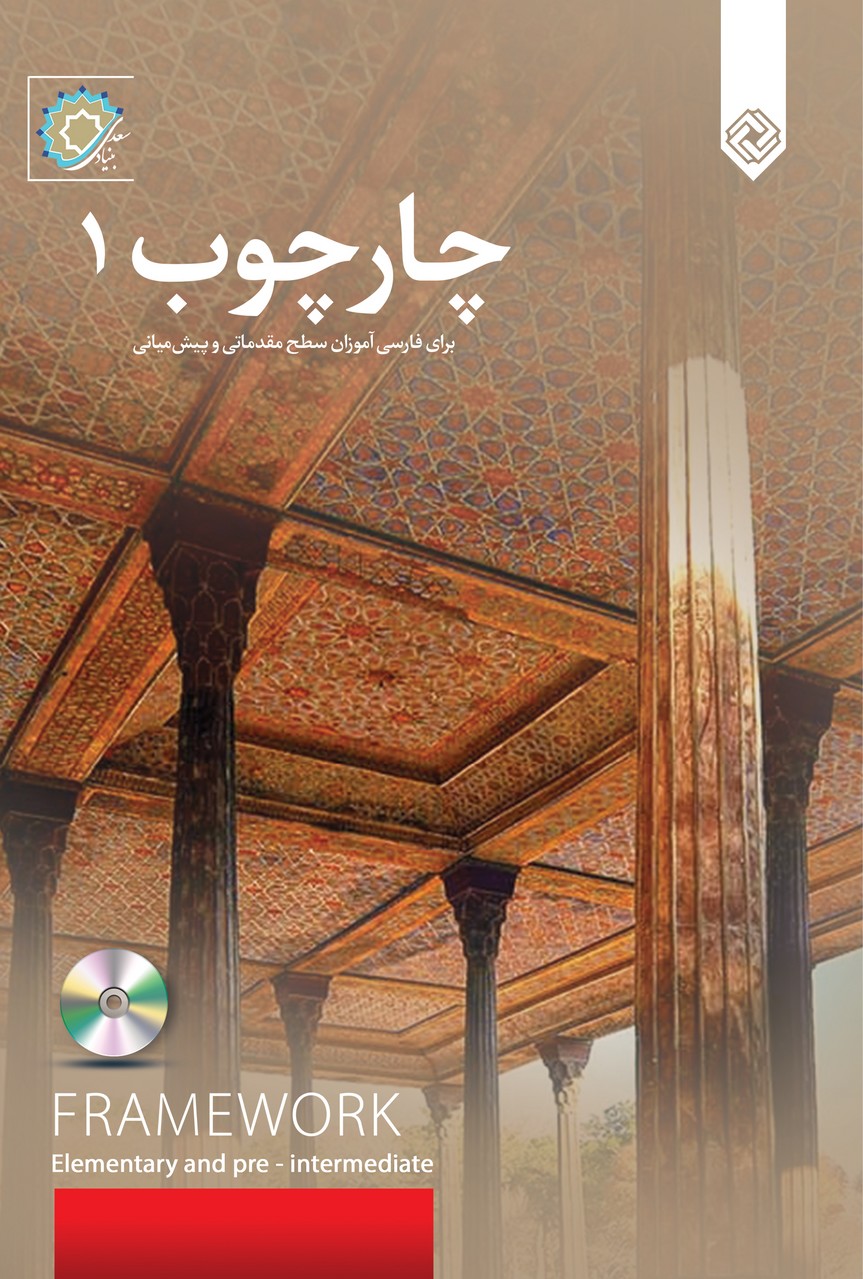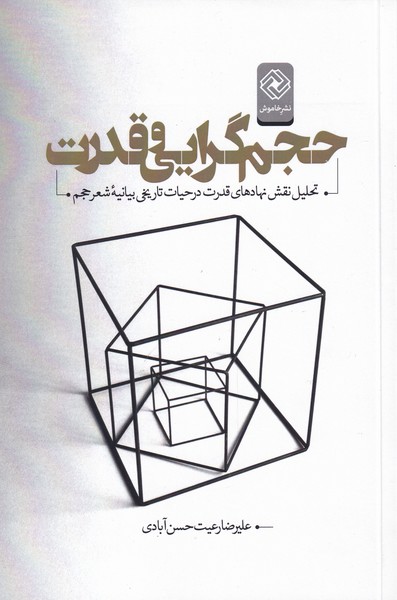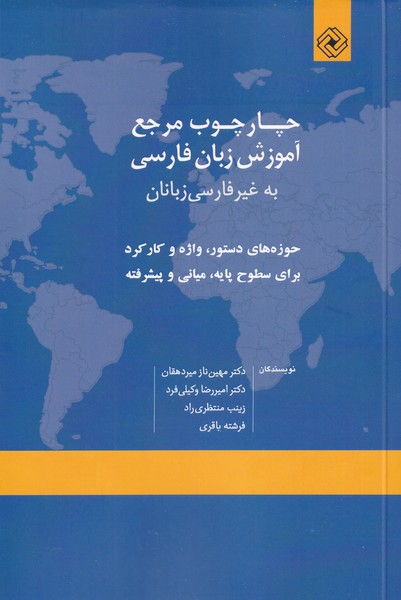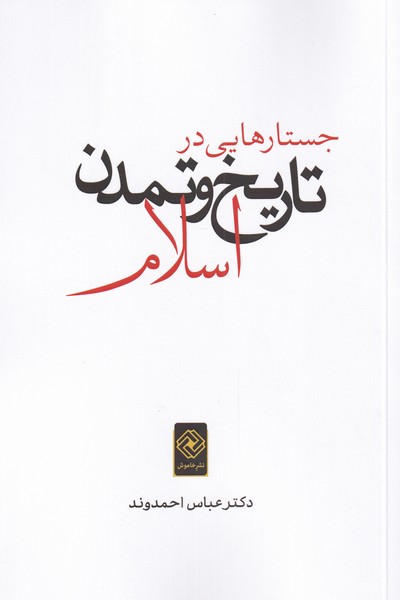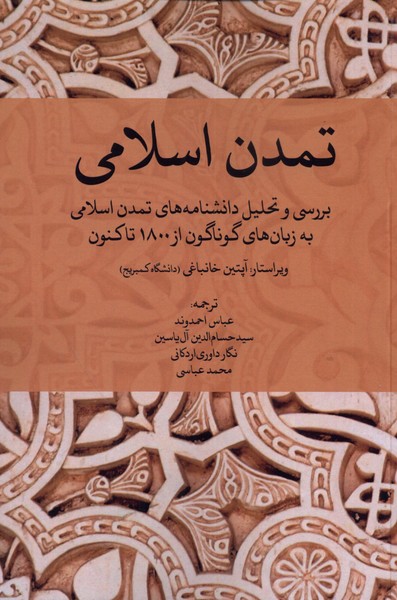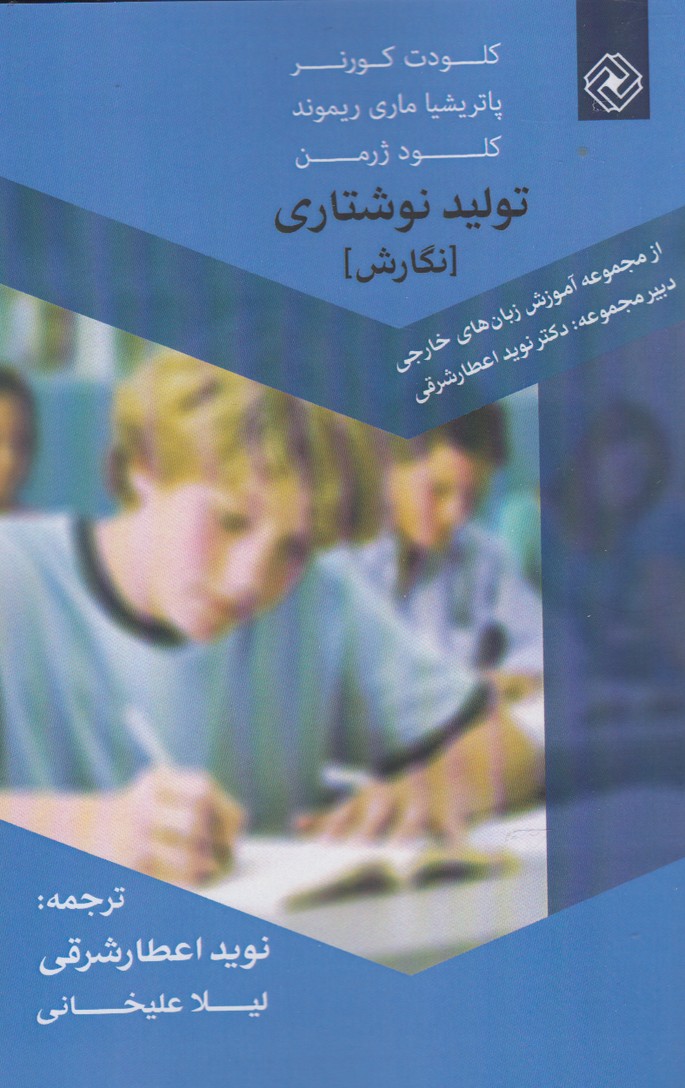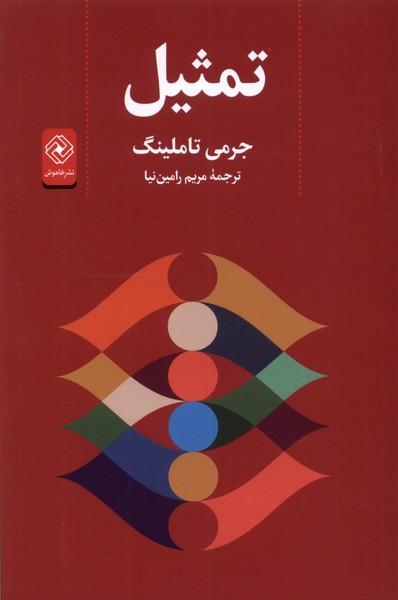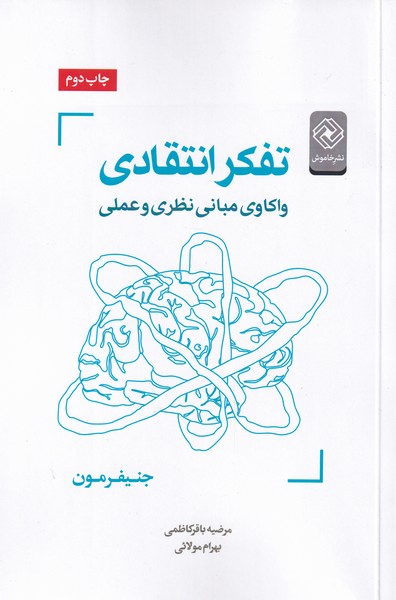آن چه یافت مینشود فارسی 1401
Ānchah yāft mī'nashavad
18٫25 £
اشتراکگذاری
Wishlist
A lot has been written and will continue to be written about Maulvi as a poet, sage, and mystic who claimed "My speech is drunk and my heart is drunk and my thoughts are drunk" in the form of books, articles, and dissertations in the field of university and extra-university criticism. The publication and publication of more than one thousand and three hundred research works in a period of about ninety years, only in the article writing unit, speaks of his place in the mind and consciousness of critics and literary researchers. On the other hand, the strong presence of the thought and discourse of Masnavi studies and Maulavi studies in the unit of book and thesis/dissertation, which itself is another story, shows the strong and effective presence of Maulavi's thoughts and works in contemporary literary research. This book is the result of understanding and receiving, even if half-finished, Maulavi's thoughts in various fields. At first, a picture of Mawlawi's studies in contemporary Iran is given, and then in the first chapter, Mawlawi and thinkers are discussed in two parts. In the section "Malawi and non-Iranian thinkers", the thought and views of Maulavi with eight influential global figures in different times and places, from the sages of the East to the Western thinkers, have been compared and discussed. Based on this, the opinions and thoughts of Laodze, Socrates, Kierkegaard, Dostoyevsky, James, Bakhtin, Georgiev, and Derrida have been examined and analyzed in some fields and areas and in interaction with Molvi's thoughts. In the other part of this chapter, Molvi has been criticized along with the thoughts of four Iranian thinkers; From the thoughts of Abulfazl Rashiduddin Meybodi to Shams Tabrizi and Mulla Ahmad Naraghi to Zarinkoob. Another look at the collection of Molavi's intellectual system shows that in various epistemological fields and among the components of ontology, cosmology, theology, anthropology, etc., he paid the most attention to the category of anthropology and its different dimensions and fields. In the second chapter, these topics are discussed: the real face of Maulavi in the correspondence conversations, the analysis of the story of Najababad Shaqavat in the Masnavi with regard to human crises, the investigation and analysis of the nature of pain and suffering in the Masnavi, the investigation and analysis of the concept of fourfold human relations in the Masnavi, the verse analysis. From Masnavi's verses, Molavi's global messages for today's man, review and analysis of the novel Mellat Eshgh and Kimiyakhaton with an approach to Molavi's life and the semiotics of a sonnet by Molavi. In the final chapter, which is dedicated to the analysis and criticism of Molavi's bibliography, the two books "The Indications of Darya Boutiqa Narrated in the Masnavi" and "Sir Delbaran's Narrative: Searching the Life and Historical Experiences of Molavi in the Masnavi" have been reviewed and analyzed.
more
دربارۀ مولوی بهمثابۀ یک شاعر، حکیم متأله و عارفی سرمست که ادعا میکرد «سخنم مست و دلم مست و خیالات تو مست» در قالب کتاب، مقاله و پایاننامه در حوزۀ نقد دانشگاه و فرادانشگاهی بسیار نوشتهاند و خواهند نوشت. چاپ و انتشار بیش از هزاروسیصد اثر پژوهشی در بازۀ زمانی حدود نودساله فقط در واحد مقالهنویسی، گویای جایگاه او در ذهن و ضمیر منتقدان و محققان ادبی است. از سویی دیگر حضور پررنگ اندیشه و گفتمان مثنویپژوهی و مولویشناسی در واحد کتاب و پایاننامه/ رساله که خود داستان دیگری است، نشان از حضور پررنگ و موثر اندیشه و آثار مولوی در تحقیقات ادبی معاصر دارد. این کتاب حاصل درک و دریافتی ولو نیمکاره از اندیشۀ مولوی در حوزههای گوناگون است. در ابتدا تصویری از مولویپژوهی در ایران معاصر به دست داده شده و سپس در فصل نخست در دو بخش به مولوی و متفکران پرداخته شده است. در بخش «مولوی و متفکران غیرایرانی» اندیشه و نگاه مولوی با هشت شخصیت تأثیرگذار جهانی در زمانها و مکانهای مختلف از حکیمان شرق گرفته تا متفکران غرب به صورت مقایسهای و گفتگویی بررسی شده است. بر این اساس به ترتیب آراء و اندیشههای لائودزه، سقراط، کرکگور، داستایوفسکی، جیمز، باختین، جرجیوف و دریدا در برخی از زمینهها و حوزهها و در تعامل با اندیشههای مولوی بررسی و تحلیل شده است. در بخش دیگر این فصل نیز مولوی در کنار اندیشههای چهار متفکر ایرانی به بوتۀ نقد کشیده شده است؛ از اندیشههای ابوالفضل رشیدالدین میبدی گرفته تا شمس تبریزی و از ملااحمد نراقی گرفته تا زرینکوب. نگاهی دیگر به مجموعۀ منظومۀ فکری مولوی نشان میدهد که در ساحتهای مختلف معرفتشناختی و از میان مولفههای هستیشناسی، جهانشناسی، خداشناسی، انسانشناسی و.... بیشترین توجه را به مقولۀ انسانشناسی و ابعاد و ساحتهای مختلف آن داشته است. در فصل دوم این موضوعات مطرح شده است: چهرۀ واقعی مولوی در گفتگوهای مکاتبهای، تحلیل قصۀ ناکجاآباد شقاوت در مثنوی با توجه به بحرانهای انسانی، بررسی و تحلیل ماهیت درد و رنج در مثنوی، بررسی و تحلیل مفهوم ارتباطهای چهارگانۀ بشری در مثنوی، بازکاوی بیتی از ابیات مثنوی، پیامهای جهانی مولوی برای انسان امروز، بررسی و تحلیل رمان ملت عشق و کیمیاخاتون با رویکرد به زندگی مولوی و نشانهشناسی غزلی از مولوی. در فصل پایانی نیز که به تحلیل و نقد کتابشناسی مولوی اختصاص دارد، دو کتاب «اشارتهای دریا بوطیقای روایت در مثنوی» و «روایت سر دلبران: بازجست زندگی و تجارب تاریخی مولوی در مثنوی» بررسی و تحلیل شده است.
more

